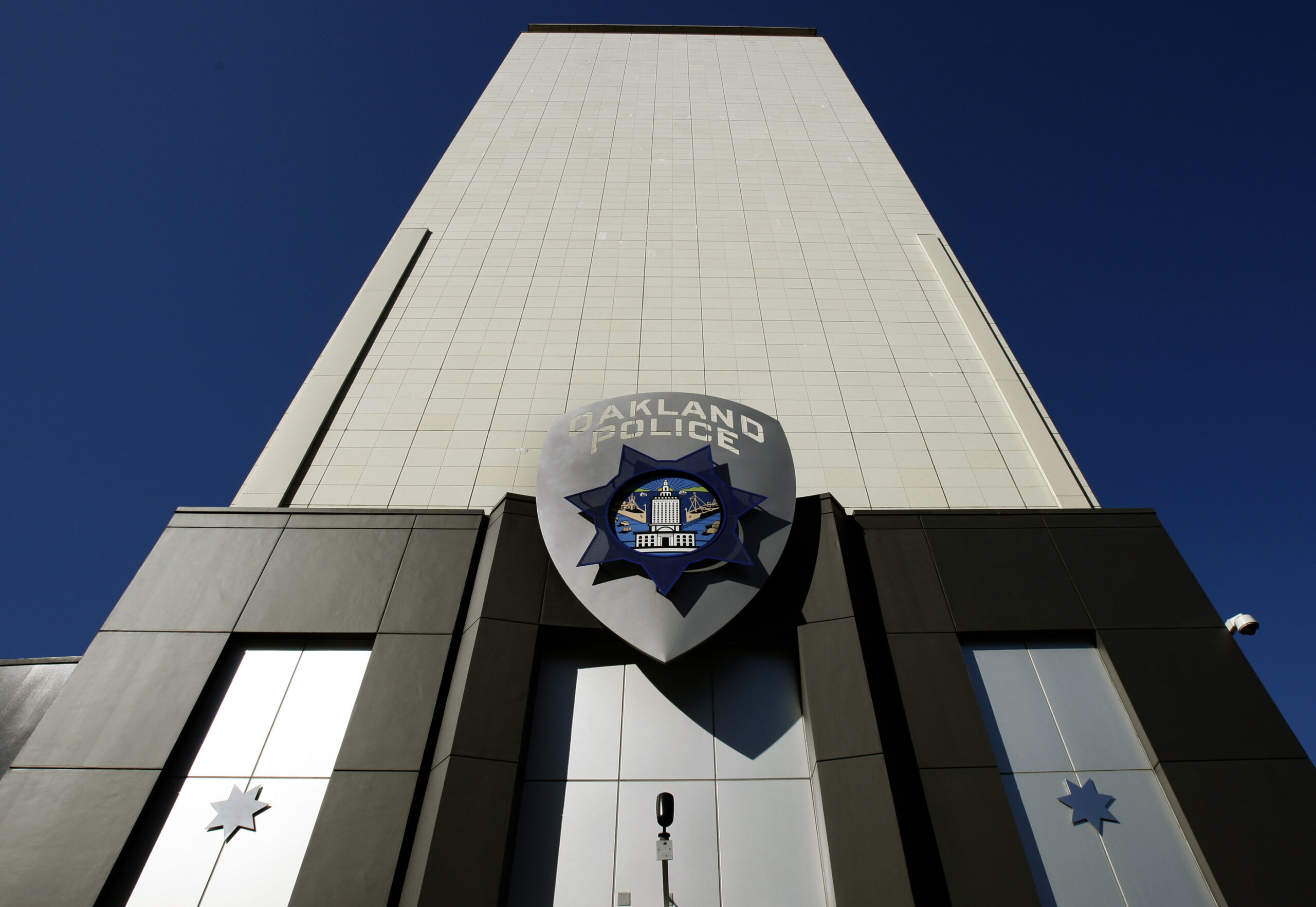When Officer Brendan O’Brien was found lifeless seven years ago in his apartment with his hand gripping a pistol, his suicide note became talk of the Oakland Police Department.
And why not?
O’Brien’s downstairs neighbor was a cop. His next-door neighbor was a cop. His landlord was a cop. And it was a cop who discovered his body, according to Ali Winston, who co-authored the upcoming book The Riders Come Out at Night: Brutality, Corruption and Cover-Up in Oakland.
The full truth might have remained hidden behind a blue wall. But a federal monitor intervened in the investigation and made public that O’Brien had sex with a 17-year-old girl, and he feared this would be exposed.
By 2017, the public knew that approximately 30 officers may have engaged in sexual contact with the same girl, exploiting her age, vulnerability and drug use. The public knew that Oakland police’s internal affairs unit botched the investigation, and that the chief was involved in a coverup.
However, the public spent six years in the dark about San Francisco police officers’ involvement in the scandal, save for coverage by Jonah Owen Lamb, a former San Francisco Examiner reporter now at The Standard.
One important difference is that San Francisco lacks the same level of outside oversight that Oakland has. In 2003, in a deal to settle claims of widespread abuse by officers, Oakland agreed to reforms that included improved transparency. The court appointed a federal monitor to oversee those reforms and issue public reports on their progress.
San Francisco, by comparison, only briefly had oversight from the Obama-era U.S. Department of Justice before Trump-appointed U.S. Attorney Jeff Sessions pulled the plug on the program that made 272 recommendations to reform SFPD. The department has since leaned on help from the state.
“The SFPD does not have good outside oversight,” said Winston, who covered the department for years as a reporter for the news radio station KALW.
While SFPD has a Police Commission that holds the chief to account, sets policy and metes out discipline, and an independent policy watchdog agency that fields citizen complaints, both ultimately answer to local politicians.
Winston, along with co-author Darwin BondGraham, broke the news of the scandal surrounding the sexually exploited child, Jasmine Abuslin, after corroborating the story from papers filed in court as part of the work of the federal monitor.
After the two reporters revealed the breadth of the scandal and the lack of response by regional departments, they contacted the office of Kamala Harris, then attorney general of California, to ask if she planned to open an investigation.
“We got the blow-off,” he said.
Such an investigation could have revealed the breadth of SFPD’s contact with Abuslin and how it handled the allegations.
This year, The Standard spent months of staff time and thousands of dollars on court cases to pry records from our local police department detailing what SFPD knew about the actions of multiple officers, including Rodger Ponce De Leon.
Those newly unsealed records showed Ponce De Leon allegedly began talking to Abuslin on Facebook while she was underage, and had sex with her on three separate occasions after her 18th birthday, including in his car.
SFPD took the allegations against him seriously. The department ended up referring a case against Ponce De Leon to then-Contra Costa County District Attorney Mark Peterson, which prosecutors declined to charge.
But hardly anyone knew that San Francisco had spent $1.2 million paying Ponce De Leon to work desk duty while his disciplinary case dragged on for six years.
The records also showed Abuslin allegedly had sex with two other unnamed SFPD officers and may have exchanged nude photos with two others.
In a separate legal claim obtained by The Standard, she identified the three officers she had sex with as Ponce De Leon, Antonio Landi and Gregory Neal.
Employees by those names remain on the force today. Attempts to reach Landi and Neal were not successful.
The Standard asked an SFPD spokesperson what became of the other officers and whether they were ever investigated.
The department’s entire response: “This is an internal SFPD personnel matter.”
This story is the fourth in a series exploring the shadow system for holding officers accountable at the San Francisco Police Department. Click here for Part I, here for Part II and here for Part III.
